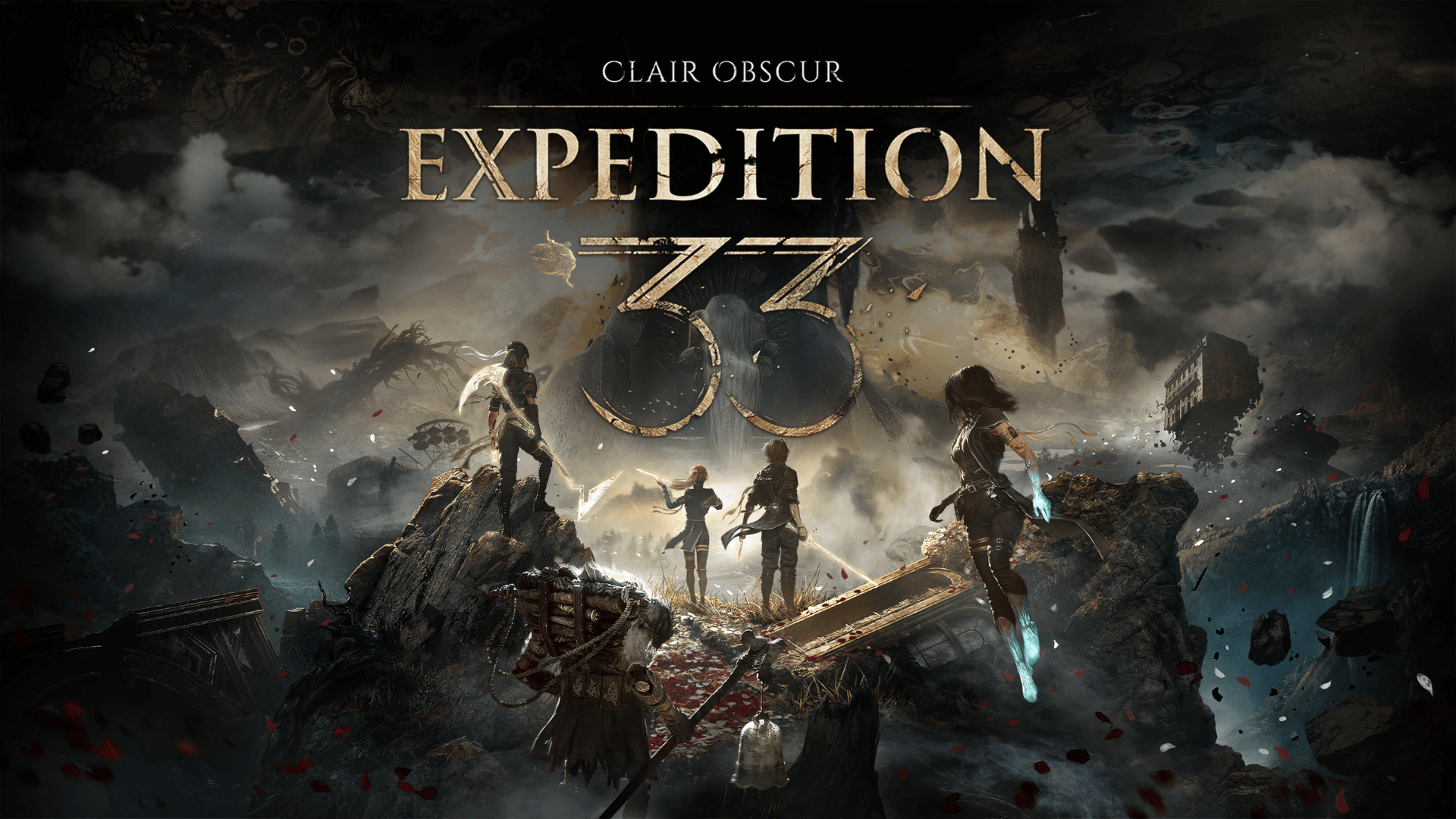News: Killing Floor 3 - Unleashing Gory Co-op Chaos in a Dystopian Nightmare
✪ What is Killing Floor 3
Killing Floor 3 is a first-person shooter with a strong emphasis on cooperative
survival horror, developed by Tripwire Interactive. Set in a dystopian 2091, players
join the rebel group Nightfall to battle waves of bioengineered monsters called "Zeds"
in intense, gory combat. The game supports solo play and up to six-player co-op, with
matches structured around surviving enemy waves culminating in challenging boss fights.
Players can choose from six specialist classes, each with unique weapons and skills,
such as the Ninja's swords or the Firebug's flamethrowers, enhanced by a deep weapon
customization system. Featuring Unreal Engine 5 graphics and the M.E.A.T. system for
realistic dismemberment, the game blends fast-paced action with body horror elements
inspired by films like "The Thing". With vertical map designs, improved player mobility,
and strategic damage types, Killing Floor 3 delivers a thrilling, replayable horde shooter
experience.
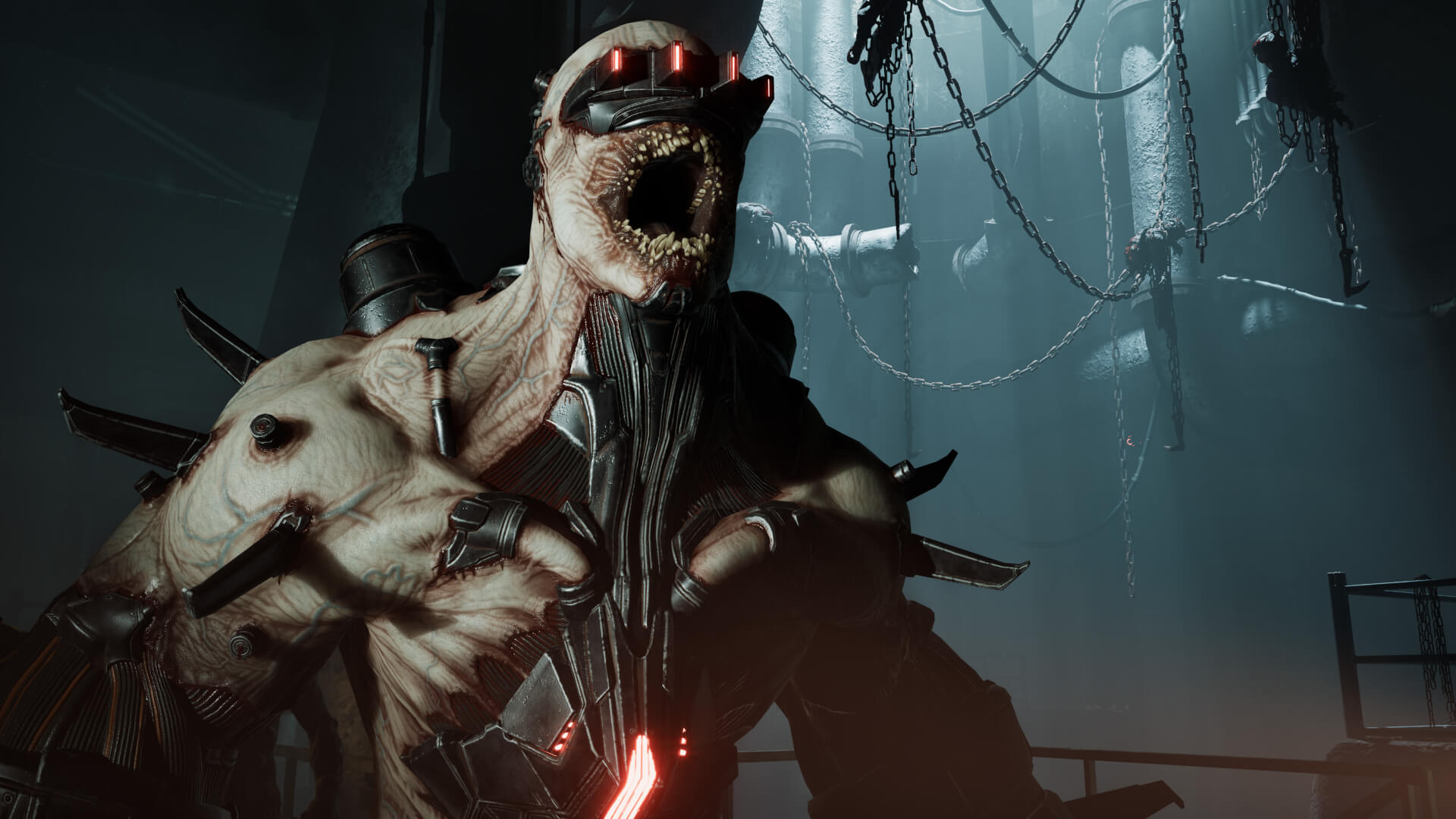
✪ Maps and Atmosphere
Killing Floor 3 delivers impressive map variety, with eight distinct survival maps
at launch, each offering unique layouts and tactical advantages, from the turret-laden
Convoy to the multi-level R&D Lab with ziplines.
Map sizes strike a balance, featuring tight indoor spaces and expansive outdoor arenas
like Radar Station’s misty forest, enhancing strategic depth.
The horror atmosphere is gripping, amplified by gritty, dark aesthetics inspired by
body-horror classics. Blood-soaked environments, persistent gore, and eerie lighting
create a tense, apocalyptic vibe, immersing players in a relentless battle against
bioengineered Zeds, making every match visually and emotionally intense.
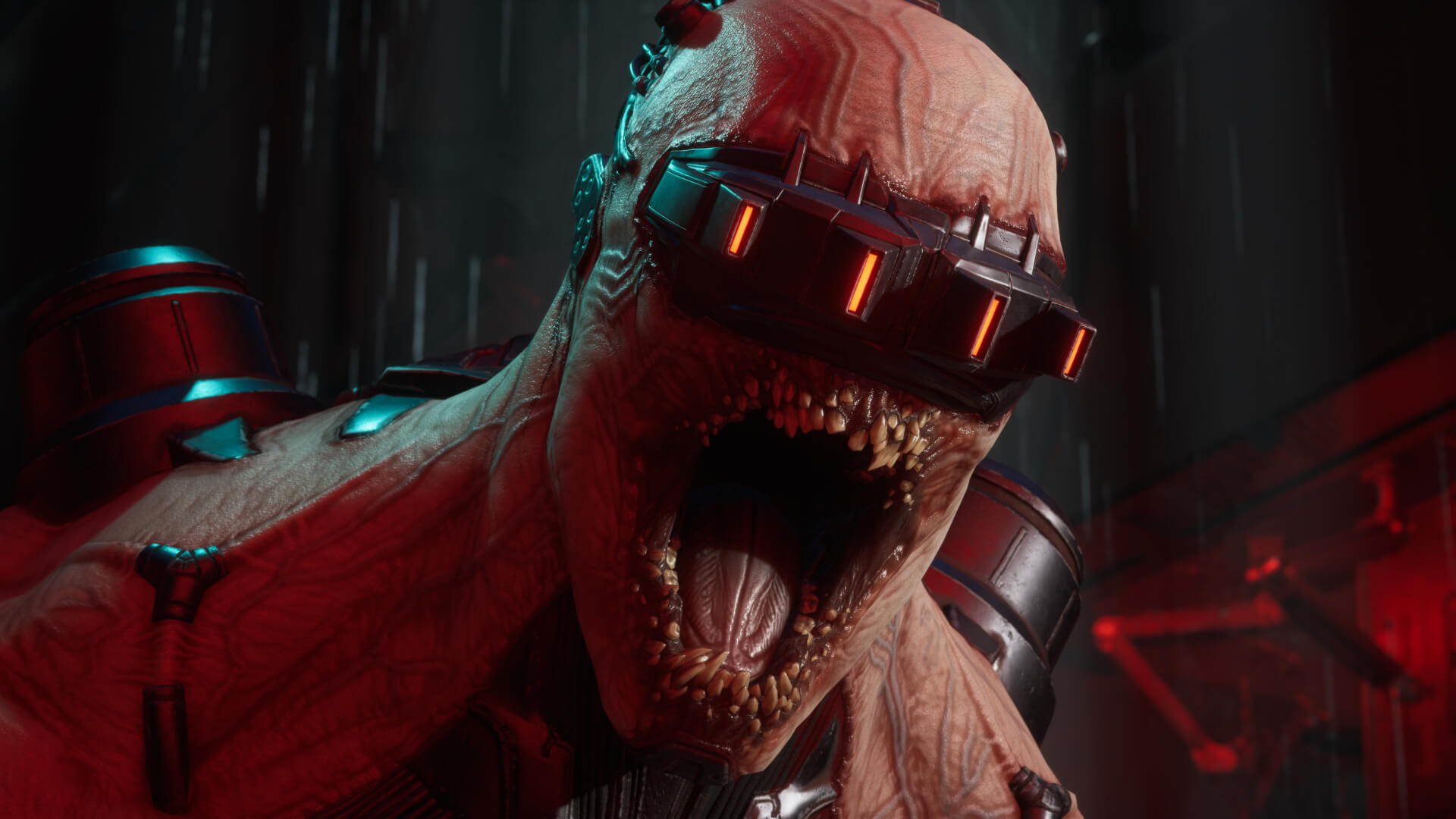
✪ Graphics and Design
Killing Floor 3, powered by Unreal Engine 5, delivers stunning graphics that elevate
its dystopian horror aesthetic. The game’s environments, from crumbling labs to blood-soaked
alleyways, are richly detailed with dynamic lighting, wet surfaces, and atmospheric effects
like fog and reflections, creating an immersive sci-fi nightmare.
Monster designs are grotesque and inventive, with 13 unique Zed types showcasing enhanced
detail and cybernetic augmentations. The MEAT system amplifies gore, rendering dismemberment
and blood effects with visceral realism. The Zeds’ aggressive animations and responsive physics
make every encounter visually spectacular, reinforcing the game’s intense, gory charm.
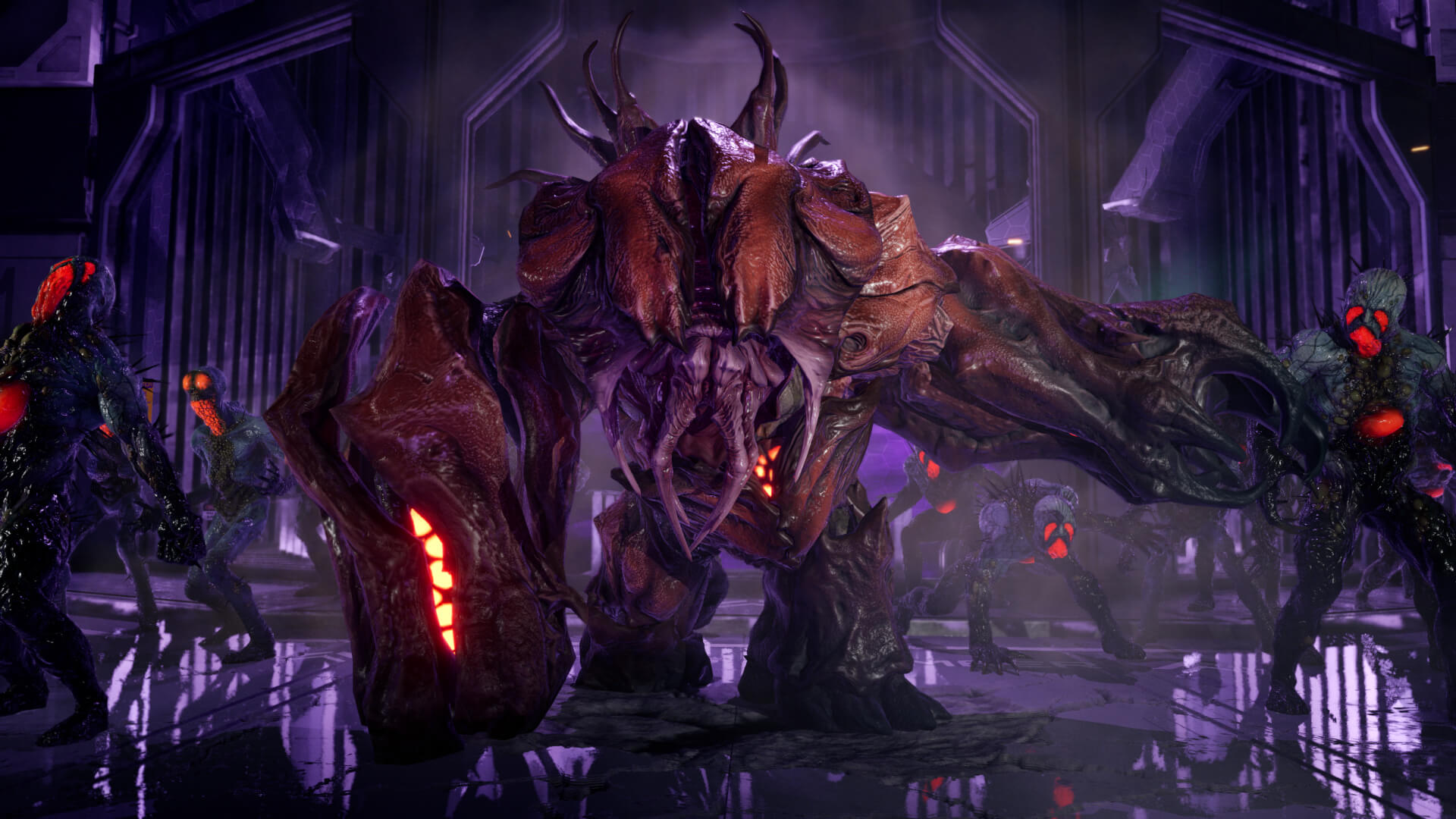
✪ Boss Encounters
Boss fights are a thrilling highlight, delivering intense, visually spectacular encounters
that shine through dynamic mechanics and grotesque designs. The Queen Crawler, Impaler, and
Chimera each bring unique challenges, like spawning larvae or teleporting, demanding quick
adaptation and teamwork. Their glowing weak points and varied attack patterns make battles
engaging, with the new gore system adding visceral satisfaction to every hit.
However, on normal difficulty, these fights can feel too easy, as unarmored weak spots
and predictable moves allow well-equipped teams to dispatch bosses quickly, reducing
the challenge for seasoned players. Still, their chaotic energy keeps the adrenaline
pumping.
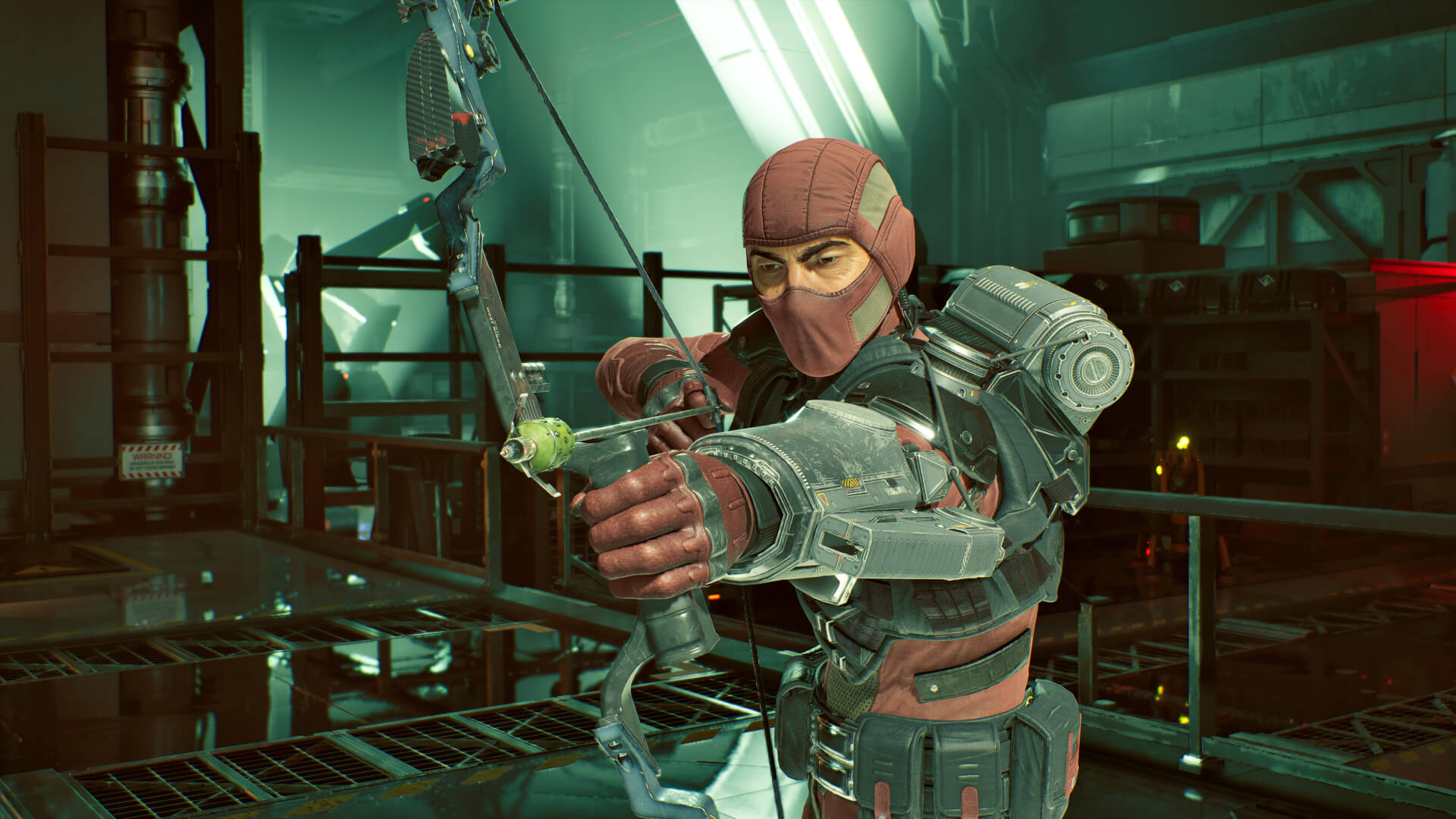
✪ Weapons and Customization
The weapon selection feels lackluster, offering only 30 weapons at launch, with five per
class (four primaries, one sidearm), a step back from the series’ historically robust
arsenal. This limited variety can make matches feel repetitive, especially for veterans
expecting more diversity.
However, the game shines with its deep weapon customization system, allowing players to
craft and upgrade over 180 mods in the Armory, tweaking stats like damage, recoil, and
fire rate. These mods, paired with unique bonuses at max tier, transform weapons significantly,
offering personalized loadouts that mitigate the sparse selection and enhance strategic depth.
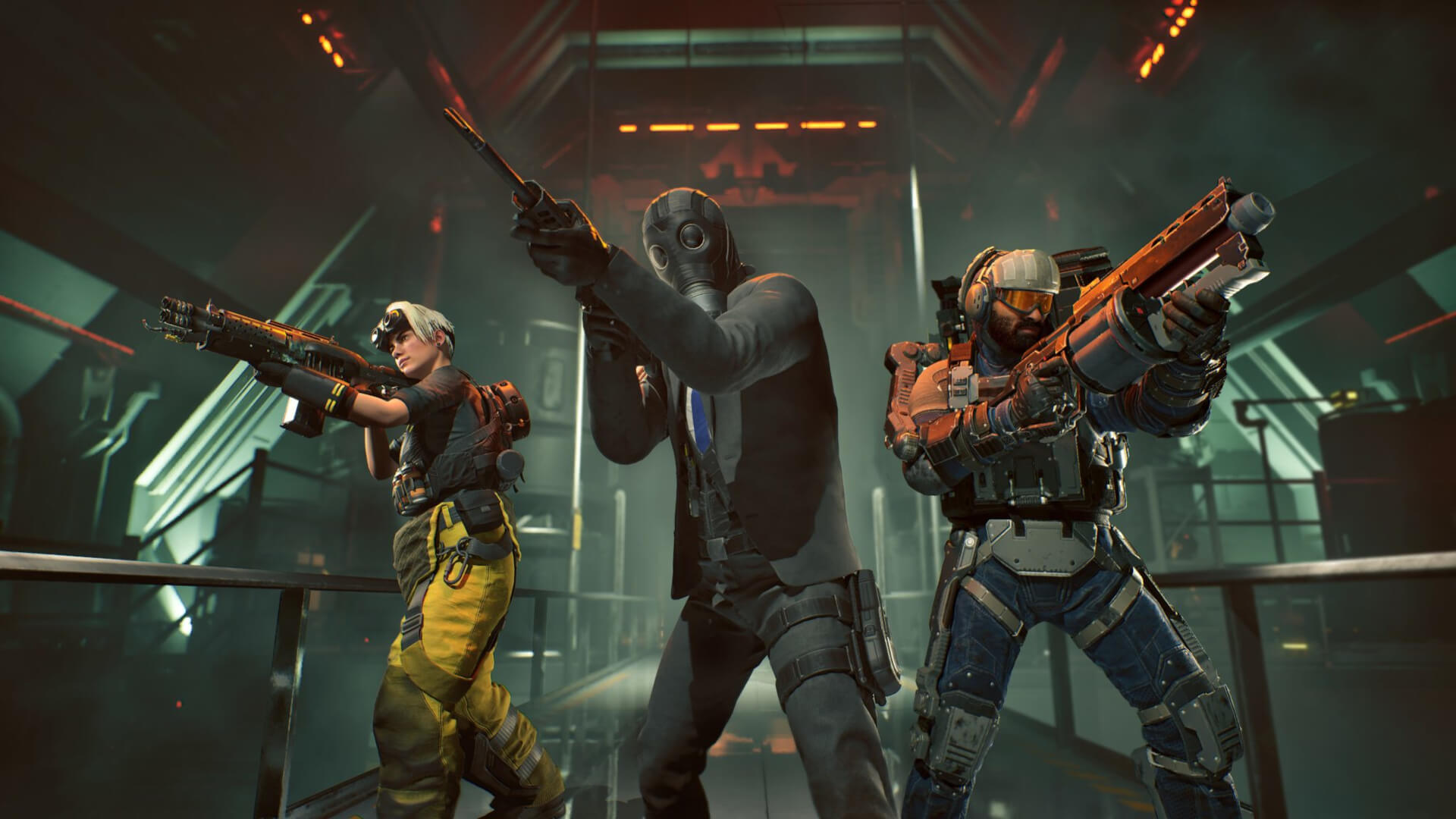
✪ Perk and Skill System
The revamped perk system introduces a dynamic, hero-shooter-inspired approach, condensing
the previous ten classes into six unique Specialists: Commando, Firebug, Ninja, Engineer,
Sharpshooter, and Medic. Each Specialist combines distinct character roles with specialized
skill trees, offering 32 unique skills unlockable every two levels.
Players can customize loadouts with perk-specific weapons, gadgets, and grenades, while
cross-perk weapon access enhances flexibility. Skill choices, upgradable for enhanced effects,
shape combat roles, from the Commando’s versatile firepower to the Ninja’s melee agility.
This streamlined system rewards strategic team composition and deep customization, ensuring
diverse playstyles for tackling relentless Zed hordes.
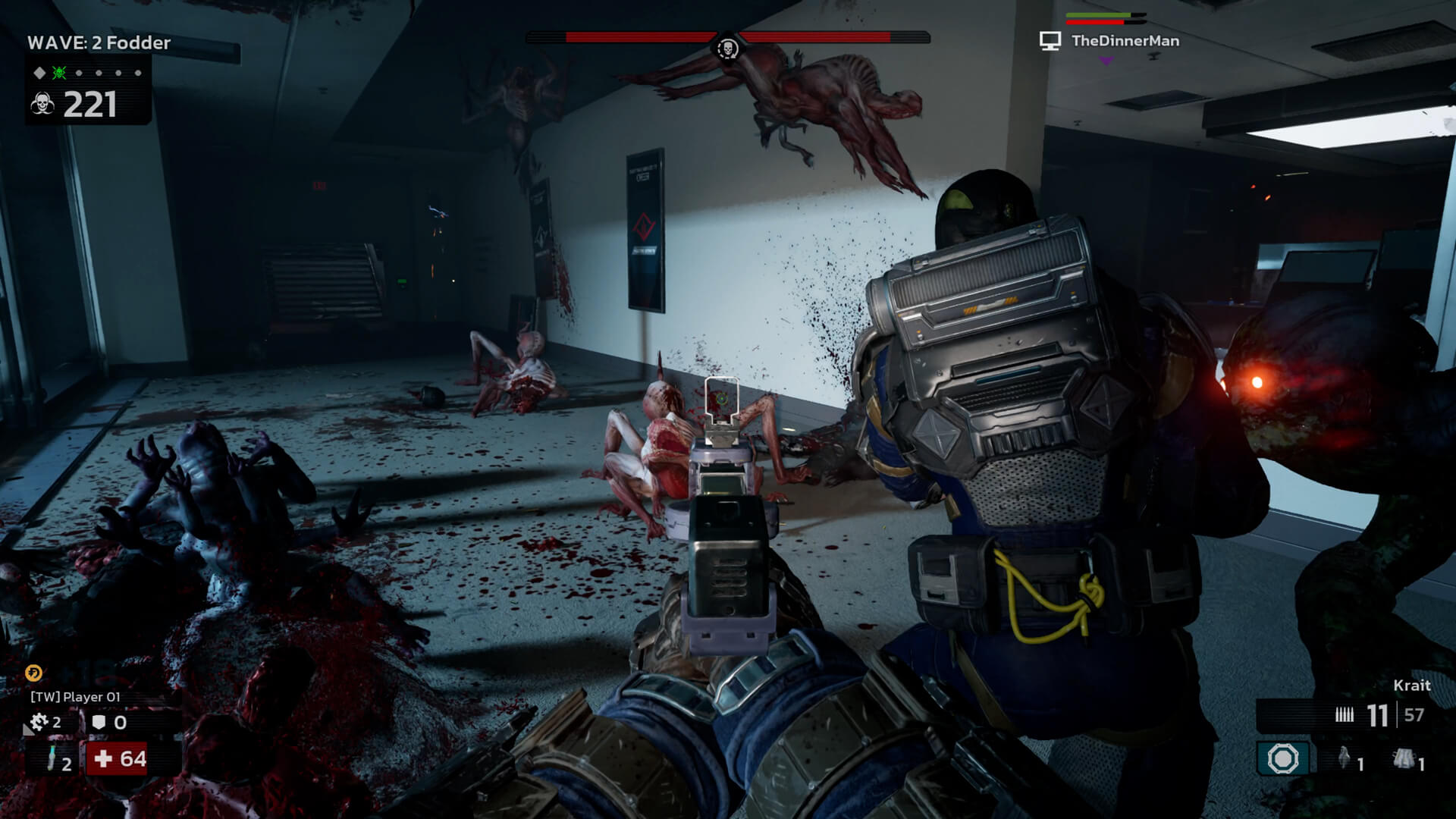
✪ Matchmaking and In-Game Economy
Killing Floor 3 delivers satisfying public team play, fostering seamless cooperation as up
to six players battle relentless Zed hordes. The diverse perk system, with classes like
Commando and Medic, encourages strategic synergy, making every match dynamic and engaging.
Between rounds, the vending machine economy shines, allowing players to spend earned cash
on weapons, ammo, armor, and grenades. Smart money management adds depth—players can save
for powerful gear or invest in team-support items like healing firearms. The trader system
rewards skillful play, ensuring satisfying progression and tactical flexibility in the fight
for survival.
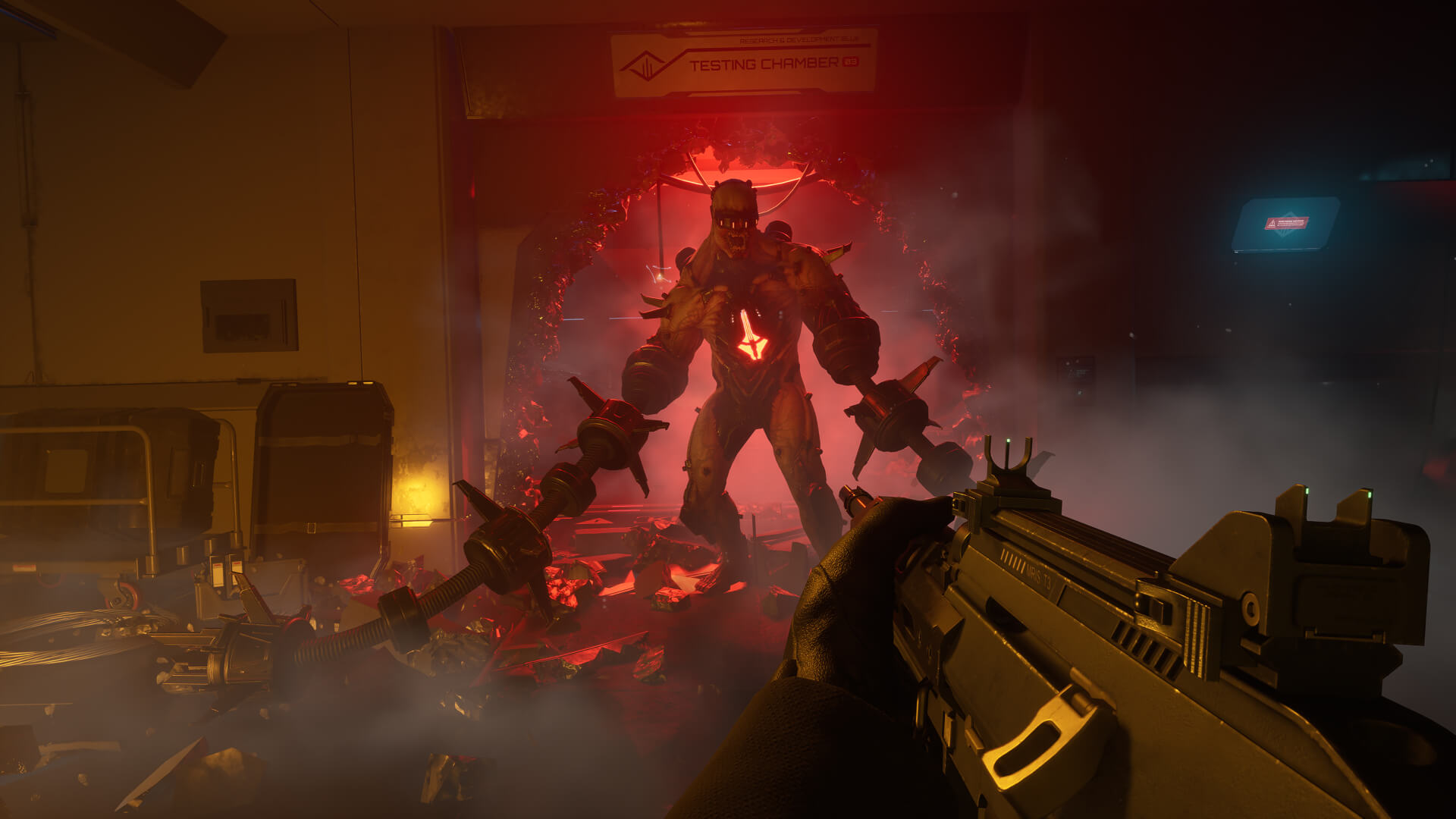
✪ The Conclusion
Killing Floor 3 delivers an exciting, fast-paced sci-fi horror experience, perfect for chaotic
fun with friends or public teams. Its cooperative gameplay shines, with tight mechanics and
class synergy fostering teamwork as players mow down grotesque Zeds in gritty, dystopian
arenas.
The streamlined design, powered by Unreal Engine 5, offers satisfying gunplay and visceral
gore, but it lacks the unique charm and depth of its predecessors. With only eight maps and
six classes, the game feels like a polished yet shallow title. While exhilarating in short
bursts, its repetitive loop and limited content may leave players wanting more innovation.
